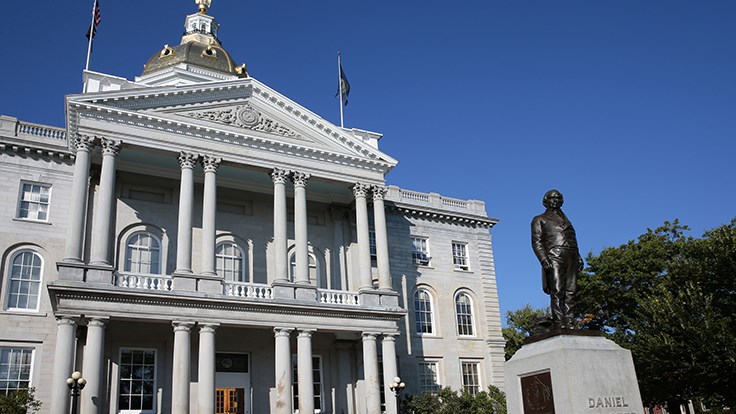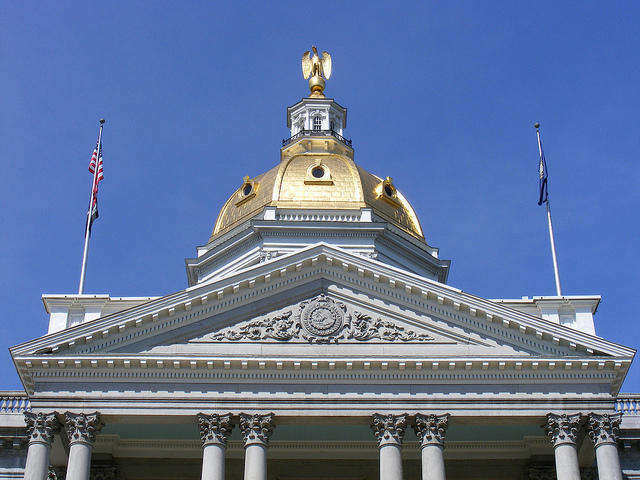How do you tax a substance that’s illegal?
That’s the question facing a special commission studying the legalization of marijuana in New Hampshire.
The Granite State prides itself on being a low-tax state, but if the legislature eventually legalizes marijuana, will the New Hampshire advantage apply to cannabis?
Part of the allure of legalization is the millions of dollars that would flow into state coffers.
On a special commission tasked with studying the issue, some conservatives said that if cannabis goes commercial, it shouldn’t be viewed as a cash cow for government.
“If we tax it at all, it would be just to pay for anything that would have to do with managing the program,” said Dr. Joe Bannon, a former Republican state representative.
On Monday, experts provided the commission with estimates of potential revenues in New Hampshire using tax structures for marijuana in other states.
Under Colorado’s 15 percent tax on sales and 15 percent tax on cultivation, New Hampshire would bring in $41.6 million. Using Washington’s 37 percent excise tax would net the state $46.4 million.
But because New Hampshire doesn’t have a sales tax, implementing one just for cannabis would be complicated.
“Can we tax a marijuana cookie and not tax an Oreo cookie?” said Rep. Patrick Abrami, R-Stratham.
Andrew Freedman, the former “marijuana czar” of Colorado, said via Skype that his state’s biggest problems came from unregulated home growing operations.
“It was beginning to attract the attention of organized crime,” Freedman said.
Freedman said that in the last fiscal year, Colorado cleared more than $200 million in marijuana tax revenue.
“This was billions of dollars of completely unregulated economic activity, and they’ve transferred the vast majority of that into a regulated system,” said Matt Simon, New England Political Director at the Marijuana Policy Project.
“The evidence you’re getting so far is that it hasn’t caused any major problems there,” said Paul Twomey, of the New Hampshire Bar Association.










